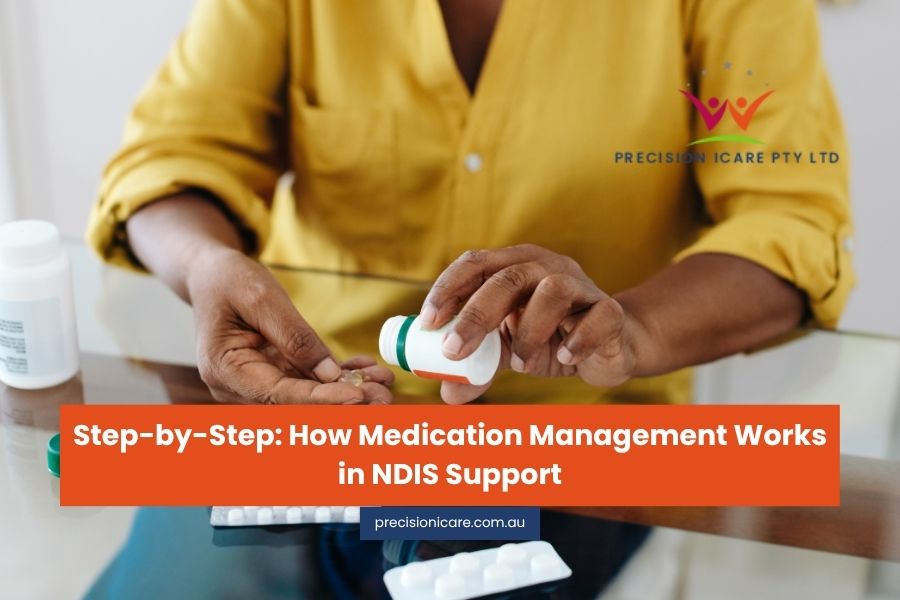Living with a disability often brings challenges that many people don’t see. Even basic activities such as cooking or cleaning or changing can appear to be so difficult. The National Disability Insurance Scheme (NDIS) also provides essential support and among them the most effective services are Improved Daily Living NDIS.
This category goes beyond simply providing immediate help. It focuses on building skills, confidence, and independence for the long term. For many participants, it can be life changing.
Examples include occupational therapy to improve daily routines, speech therapy to develop communication skills, or physiotherapy to build strength and mobility. These supports are not quick fixes; they are investments in long-term independence
Daily undertakings are directly related to individuality and self-worth. The ability to cook, handle personal hygiene or use public transport allows the participants the freedom to be in control of their lives. NDIS assistance with daily living ensures that people with disabilities can participate in life with confidence and safety.
Together, they create a balance: one ensures immediate safety and comfort, while the other invests in long-term growth.
For example, a participant, who is under treatment by a speech therapist, can obtain a more powerful communication tool, which will open access to education and the labor market. Another might learn money management through occupational therapy, giving them financial confidence and freedom.
Such kind of minor, yet remarkable changes spread around and build upon itself, building upon itself to create opportunities in life.
Each plan is tailored to individual goals, ensuring that supports meet the unique needs of each participant.
The impact of NDIS daily living assistance extends beyond participants. The motivation drives the family members and carers to be relieved when the loved one becomes independent. Fewer carers mean less stress and enable the family to devote more time to activities that are meaningful to them other than having to tend to a disability.
As an example, when participants are taught to make food independently, carers have more time to share experiences and do not need to worry about every aspect. Such change usually enhances the relationship in the family and also boosts general wellbeing.
Independence in daily life also promotes greater community engagement. If the participants are certain of being able to cope with personal routines, they will be eager to participate in community programs, study or find employment.
Assistance with daily living NDIS will offer the short-term solution, though by improved daily living NDIS will provide the pillar to include long-term participation. Combined they lessen the sense of isolation and provide the means to establish connection and growth and a sense of belonging.
To access support for improved daily living NDIS, participants must clearly outline their goals in their NDIS planning meeting. It can be in terms of communication, mobility and management within the home, being precise in what you require is important.
By presenting evidence by therapists, doctors or other professionals, one can prove why this support will be needed. When this is approved, they will have an opportunity to choose the providers that will best fit their individual requirements.
Selecting the right provider is key to making the most of daily living supports. The best supplier will customise services, follow up progress and change accordingly to fit your changing needs. Families and carers will also be engaged to make the support feel whole and participatory.
Providers usually change their role as the participants develop their skills to a capacity building role. This ensures NDIS plans continue to support independence rather than dependency.
The real impact of NDIS daily living assistance is clear it makes the participants lead a more independent, confident and dignified life. Through improved daily living NDIS, these people acquire skills not only to simplify their daily life but to unlock the possibility of participating in the community, work and developing as individuals.
For families, these supports reduce stress and create space for stronger relationships. In the case of participants, they establish avenues to a more satisfying life. At Precision I Care, we believe in providing personalised support that integrates short term support needs with longer term skill acquisition to guarantee people with disabilities are taken care of today and set on independence tomorrow.








